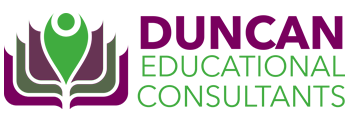When I lived in Liberia, one of my favorite activities was dissecting frogs. I’d catch them in my aunt’s yard, and go to work. I had a little board and some pins that would allow me to clearly see the insides of these animals. I was not particularly kind in how I would make the animal submit, because in my mind, my need to find out how it worked was far more important than its need to live. It took some time and conversation for me to see the error of my ways, considering, there was so much I could find out about the frog without doing harm. This is a lesson more teachers and designers of curriculum need to learn.
There is no subject created without a cultural bias. There are choices made as to which stories are included, which populations are dissected, which gender identities are made to submit, and how students are to weigh their consumption of knowledge against the subjects of that knowledge. More often than not, educating students is a process of reinforcing the hegemonic ideas that have upheld oppressive societies for millennia. The objective, then, of an anti-bias educator is to put magnifying glasses up to how and with what we educate children. Magnifying glasses provide us the opportunity to see the field of inquiry, the tools, and the context. Any “educating” that happens without careful interrogation of how we came to see the curriculum as valid information is merely brainwashing, and will not prepare students for life outside their bubble.
All curriculum is taught through layers of lenses. When children are taught to recognize, appreciate, integrate, and evaluate those lenses, their learning becomes more full. Research indicates that children recognize societal differences early, and are ready and willing to discuss it, when teachers provide safe and engaging environments. Students who have had the opportunity to participate in discourse and activities concerning identity, culture, and equity learn to positively collaborate, critically question, assess validity of data, interrogate bias, and are better prepared to be global productive citizens.
